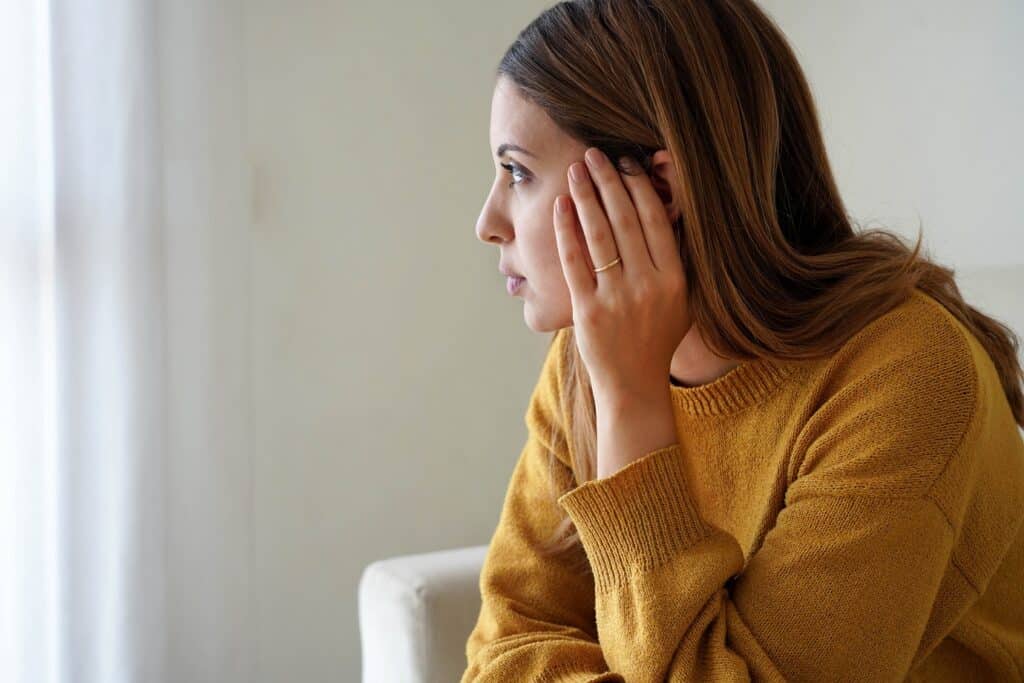In an Australian-first, women will soon be able to test themselves for chlamydia and gonorrhoea at home, with sexual health experts welcoming the improved access but also urging caution.
Australia’s drugs regulator, the Therapeutic Goods Administration (TGA), has approved the rapid home test, meaning it is expected to be available in pharmacies from 13 December. The test involves using a swab sample, which produces a positive or negative result for both infections in 15 minutes.
Sexually transmitted infections (STIs) affect almost one in six (16 per cent) of Australians in their lifetime, with numbers increasing at a concerning rate over the last 10 years. The rates of chlamydia and gonorrhoea have increased by 26 per cent and 157 per cent respectively.
The most reported communicable disease in Australia, chlamydia often presents as asymptomatic. And while gonorrhoea is symptomatic– often presenting with unusual discharge, pain or bleeding– it can be mistaken for other infections as symptoms might not present until months later.
The new TGA-approved self-test kits for chlamydia and gonorrhoea have been developed by Touch Biotechnology, a Sydney-based manufacturer. Developers say their hope is that the availability of the kits will lead to increased testing, by giving patients more privacy and faster results.
“For women in particular, STIs such as gonorrhoea and chlamydia are major causes of pelvic inflammatory disease and infertility if they go undiagnosed and untreated,” said the General Manager at Touch Biotechnology, Mazz Gencer.
“These infections can also cause complications to pregnancy and birth because of the risk of mother-to-child transmission. That’s why it’s incredibly important for women to test for STIs when experiencing even the smallest of symptoms or are concerned about a partner’s sexual activity.”
Dr Sara Whitburn, Chair of RACGP Specific Interests Health Medicine, welcomes the fact that this new kit will provide “improved access” to STI screening, but says it’s also important for individuals to consult healthcare professionals.
“Enhanced access to testing and subsequent treatment for positive results is crucial for reducing the transmission of STIs, so new initiatives to encourage testing are welcome,” she told newsGP.
“Additionally, the kit’s product information indicates it has high sensitivity and specificity for detecting chlamydia and gonorrhoea, and there is no interference of the test with common vaginal topical treatments or no cross-reactivity with normal vaginal flora or other STIs such as HPV, HSV or syphilis,” said Dr Whitburn, noting that the test is only validated for vaginal samples, meaning it can’t be used to screen for oral or anal chlamydia and gonorrhoea.
Pointing out the potential drawbacks of the self-test kit, Dr Whitburn warns that the at-home nature of the test could provide individuals with a false sense of reassurance when they should be seeking professional medical support.
“As a screening test, it is recommended that individuals consult a healthcare professional for a repeat PCR test to confirm a positive diagnosis,” she said.
“This reliance on follow-up testing may inadvertently delay diagnosis and treatment, especially if individuals do not seek a health assessment.”

